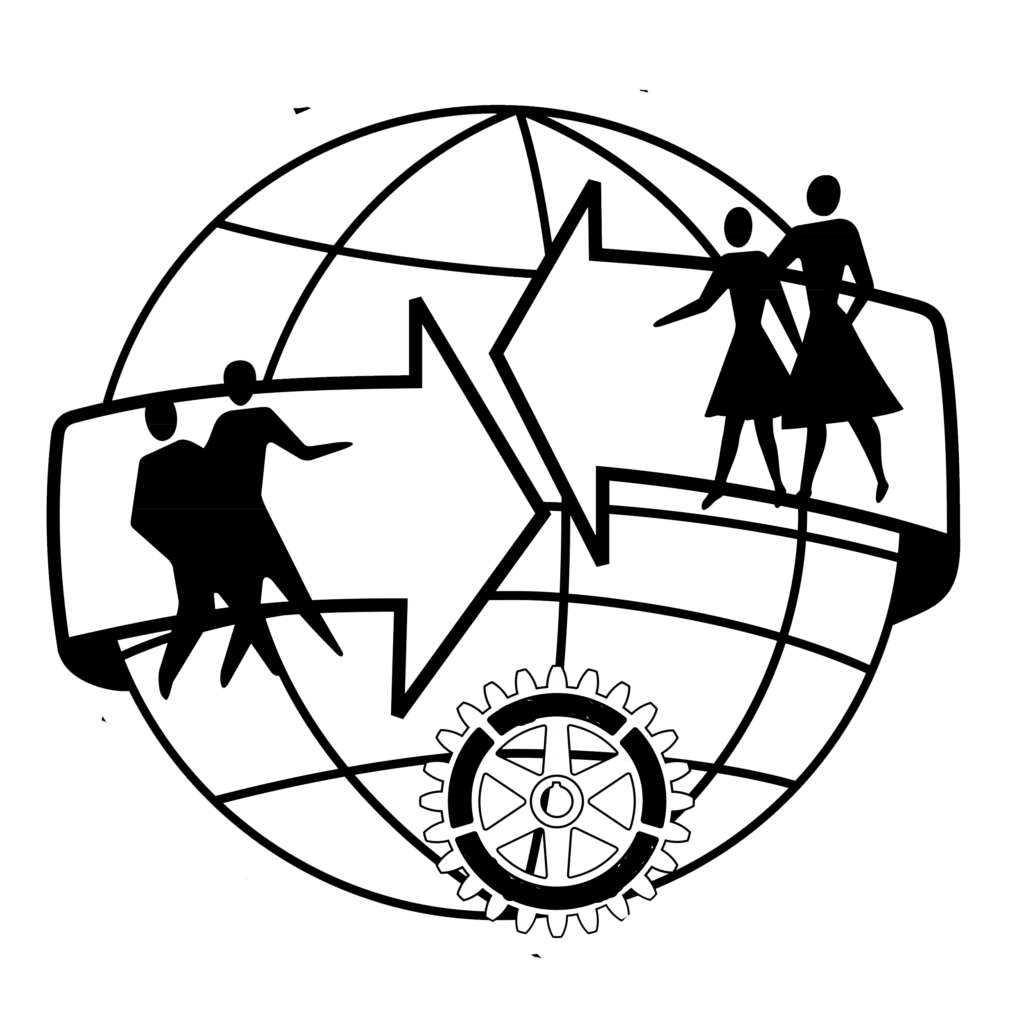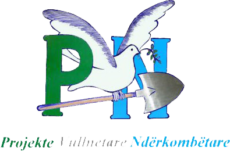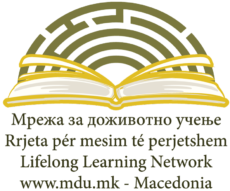The Youth Exchange

The project aims at promoting the social inclusion of disabled young people (YwD) and youth with fewer opportunities (YwFO) through fostering the acquisition of attitudes of motivation, self-esteem and active participation, complemented by the development of soft and transversal skills (with a priority focus on adaptive sport and outdoor activities).
In the context of the youth exchange (YE) the project will involve its ultimate target group directly, as a means to test the instruments produced and exercised during the TC, as well as create a process of inclusive education wherein young people, YwD and YwFO, will be enabled to interact as peers, overcoming prejudices and sense of isolation. Throughout the activities, all participating youngsters will be able to directly break self-imposed psychological/emotional restraints, expressing their personalities. This result is expected to bring about a substantial and ground-breaking impact on the self-esteem and therefore on the healthy development of the youths’ personalities.
The YE entitled “Raising our Voices to Overcome Challenges” addresses the needs of YwD, YwFO and their non-marginalized/non-disabled peers. It was scheduled to be held in Tirana, Albania, 26 April – 2 May, 2020, but do the pandemic challenge, it was postponed to a September 17-25, 2021 (travel days included).
Through the problem tree analysis, we made at the initial stages of this project, we identified that all young participants in the YE need non-formal educational and training programs, which will empower them in their social/professional lives, and actively engage in the democratic life of their communities. They need to develop new, independent living skills and be informed more on different social situations, to meet other youngsters with disabilities and with fewer opportunities, so that they learn directly from their experiences. They need to be involved in the inclusion process and become ambassadors of other vulnerable youngsters in the community. The YE meets such needs by increasing the level of knowledge and empowering young people with interpersonal/social skills. The participants to the YE will live with peers they do not know, leave home for a while, meet different cultures and create relationships. The participants of the YE are 32 young participants, 10 with visual impairement and 9 with fewer opportunities: age 17-25, lead by 5 youth leaders and supported by 3 English speaking accompanying persons, age 18+.
The participants are motivated to actively attend the activities of the YE and eager to develop or improve their civic/social competencies, to be more aware of social responsibility, of the importance of the social inclusion of vulnerable groups and of other values like tolerance, respect, nondiscrimination.
They are concerned about their self-improvement and willing to work in teams. They are also enthusiastic about sharing experiences with other peers from different cultures and countries, about gaining new abilities. They are willing to disseminate/multiply the results of the project and are aware of the fact that they need to be available for taking part throughout all mobility’s activities.
The selected young participants will take part in the preparation meetings for the YE organized by the partners, will express their needs to be taken into consideration, will take note of the fact that they need to be actively involved in the activities of the YE, through debates, games, etc.
The YE has 2 parts:
The first one will be based on teambuilding using non-formal activities such as ice-breaking games. The methods used:
- Participatory Method: promoting relations among the participants, presenting different organizations/institutions working in the field which support similar activities; encouraging them to express their own assessments and contribute to activities of common interest;
- Learning From Each Other – to exchange ideas, and experience through presentations, workshops and debates prepared by each of the countries and shared among participants. The offer of informal learning in the project depends on the participants and their discussions, by the exchange of opinions and agreements in both active and passive ways. Learning by active approach, the participants will improve their knowledge, communication skills, self-esteem and working in the international environment;
- Share – after the workshops and outdoor activities, it will also be an area of informal learning during cultural nights, and talks between youngsters.
The second part of the youth exchange will be devoted to learning through experience, where young people will reach out of their group to meet with the locals, and to exercise sports and outdoor activities.
Each day we selected effective methods that will come in supporting participants learning process.
Many of our sessions involve a mixture of non-formal and informal learning methods and tools.
The final part of the project will take place in the participant’s’ home countries, where young people will disseminate the outcomes through informal activities, but also during the work as volunteers or members in their home organizations.






